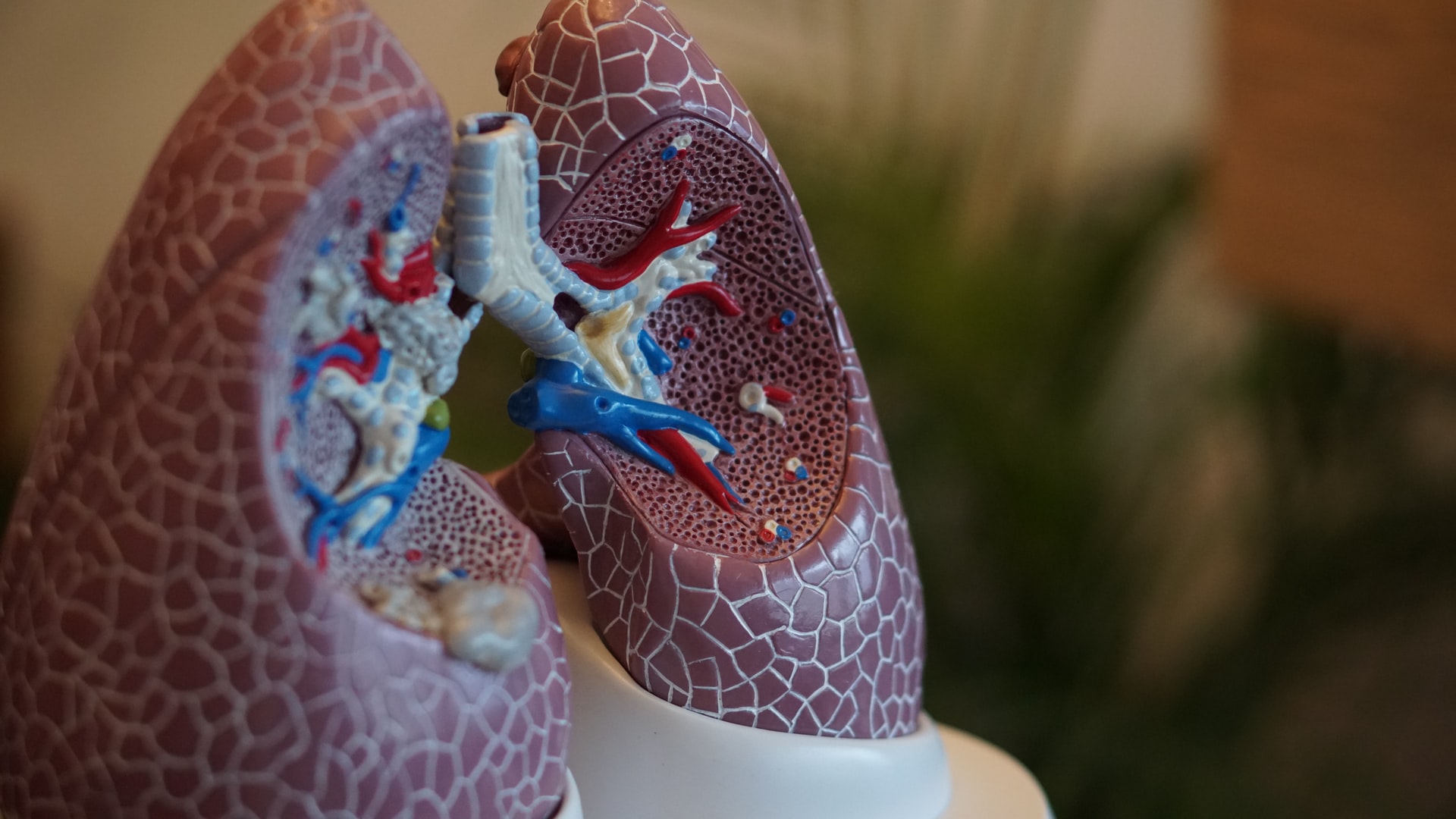
M3, a medical web portal backed by Sony, claims Alibaba’s AI technology has allowed it to develop a powerful COVID-19 diagnosis tool.
The AI-powered tool is able to analyse CT scans for signs of COVID-19 infection to help quickly diagnose the novel coronavirus which has caused havoc around the world.
With heroic medical staff under more pressure than ever caring for the huge influx of people suffering with COVID-19 – in addition to all the other ailments they have to treat – such an AI-powered tool could help to free up significant amounts of time.
M3 has been testing the solution in Japan since the end of March; with the aim of deploying it across hundreds of locations.
Hospitals will send CT scans to M3’s system which will then return the results with a 1-5 scale indicating the likelihood of COVID-19 pneumonia.
Alibaba’s system has been used in Chinese hospitals – including in Wuhan, the expected source of the COVID-19 outbreak – for a while now. The Chinese tech giant claims its AI can diagnose COVID-19 within 20 seconds with an accuracy of 90 percent or higher.
On average, a doctor takes around 20 minutes to make a diagnosis once a CT scan is available. M3 has found that the system typically diagnoses in under a minute.
While finding the accuracy to be relatively high, M3 reports the accuracy falls short of the 90 percent claimed by Alibaba. Even at 90 percent, 100 patients in every 1000 risk being misdiagnosed.
However, reading COVID-19 scans is reportedly even tricky for skilled physicians – especially as the virus is still relatively new. An AI-powered system which frees up clinical time is sure to be welcomed by all hospitals.
Catching the smaller signs of COVID-19 early could even help with providing treatment to those who need it before they get seriously ill.
This isn’t the first time AI has been looked to for assistance in tackling the COVID-19 pandemic.
Earlier this week, researchers from WVU Medicine and the Rockefeller Neuroscience Institute said they were able to predict the onset of COVID-19 symptoms three days early using AI to analyse data from Oura’s wearable rings.
Back in April, researchers from Carnegie Mellon University launched an AI-powered voice analysis system which aims to determine whether someone is suffering from COVID-19 using just a website.
While it seems likely we’re going to be living with COVID-19 in our lives for the foreseeable future, AI technologies look ready to step in and help.
(Photo by Robina Weermeijer on Unsplash)






